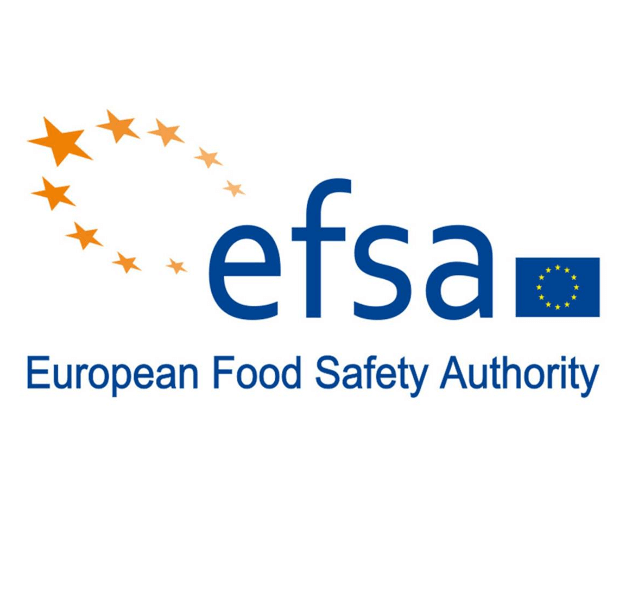EFSA updated risk assessment concludes that current exposure to five phthalates from food is not a concern for public health
On 10 December 2019, EFSA[1] issued an update[2] of the risk assessment of the phthalates DBP, BBP, DEHP, DINP and DIDP for use in food contact materials[3]. Based on the limited scope of the mandate, the limited time[4] for the evaluation and the uncertainties identified, the CEP Panel[5] considered that the opinion and the TDI[6] derived for the five phthalates, individually and collectively, should be on a temporary basis.
European Plasticisers does not agree with the “conservative approach” of the EFSA CEP Panel in proposing to group DINP with DEHP, DBP and BBP on the basis of non-adverse effects (re: reversible hormone changes).
During the CEP plenary meeting, the European Commission announced that it will come up with a new mandate for EFSA to conduct a comprehensive risk assessment on phthalates.
European Plasticisers is ready to support this further assessment as appropriate, consistent with ensuring a robust weight of evidence approach using all the scientific data, including recent studies, as well as the opinions of other EU agencies.
The current opinion concluded that “based on a plausible common mechanism (i.e. reduction in fetal testosterone) […] the Panel considered it appropriate to establish a group-TDI for DBP, BBP and DEHP”.
The CEP Panel noted that, while DINP does not cause adverse reproductive effects, it does reversibly change testosterone and the Panel considered it conservative to include it within the group TDI for DEHP, DBP and BBP. The group TDI was established to be 50 µg/kg bw per day. This conservative approach “may result in an overestimation of the risk of reproductive effects after combined exposure”.
EFSA concluded that the current exposure to these five phthalates from food is not a concern for public health[7].
Dietary exposure to the group of DBP, BBP, DEHP and DINP for average consumers is seven times below the safe level.
A state-of-the-art study has recently been completed by the University of Edinburgh confirming that DINP does not have reproductive effects and is hence different to the SVHC phthalates such as DBP. These new results should be taken into account during the further updates of the phthalate risk assessment in food contact materials.
[1]European Food Safety Authority
[2] https://www.efsa.europa.eu/en/efsajournal/pub/5838
[3] https://www.efsa.europa.eu/en/news/faq-phthalates-plastic-food-contact-materials
[4] EFSA states that the assessment of the weight of evidence of scientific data and comprehensive review of recent studies were “unfeasible” in the framework of the EFSA risk assessment due to “the limited time for the completion of the opinion and the amount of new evidence available.”
[5] CEP Panel stands for the EFSA Panel on Food Contact Materials, Enzymes and Processing Aids
[6] Tolerable Daily Intake
[7] https://www.efsa.europa.eu/en/news/faq-phthalates-plastic-food-contact-materials

